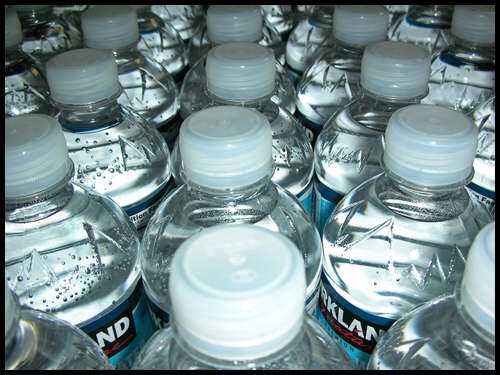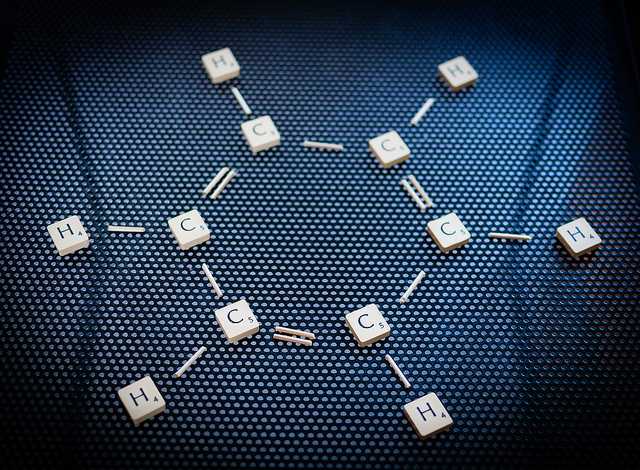
Water makes up to sixty percent of the human body. If we would be able to squeeze the human body like a lemon, we would get about fifty gallons of water. It’s because of the substances that it contains, is not like plain water. In blood vessels is located about four liters of water, which heart keeps in a constant circulation through the body. This blood water is constantly passing cups to every cell of the human body. Water acts as a conductive heat throughout the body. Even if you do not drink water during the day, one liter of water is taken from the solid food you eat, like vegetables, fruits, bread and meat, they all contain up to ninety percent water. In addition, everyone brings about two liters of water a day in a liquid form. Water from the hose goes into the blood.
During the day, about ten gallons of water circulates between the various organs of the human body. For example, when you chew food, you’re sucking a small amount of saliva from the salivary glands and it is swallowed with the food. Soon after that the water in the salivary glands will be recovered from the water vessel.
The amount of water in the blood remains constantly the same. Even when you are very thirsty, after hard work during hot days, blood vessels contain the same amount of water. No matter how much water you drink the amount of water in the blood vessels remains the same.
What happens to the water excess? It is distributed to various organs: intestines, liver, muscles and kidneys.
How we feel thirst?
If you get thirsty and have no opportunities to drink something, you would feel so thirsty that you would forget
about everything else. We were all thirsty once, but can you imagine how it feels to someone who did not drink water for days? If a person does not take any liquid into a body for three days, it would die.
Simply put, our bodies needs to supplement their supplies of liquids, although 50 to 60 percent of its weight is water. In fact, the average adult loses during the day about 700 g of water by sweating and excretes about 1.3 1 grams. On the other hand, regardless of whether we drink or not, we are taking in water. By digesting food organism gets almost 350 g of liquid a day. But this process of loss and intake of liquid is not sufficient for keeping water in an amount that is essential to our body. Thirst is a sign that warns that the body needs more water.
Many believe that we feel thirst is due to dry lips or narrowing of the throat, but that’s not true. This occurs for various reasons, such as nervousness, hard work, or simply slow secretion of the salivary glands. Their work can be enhanced (for example by taking lemon juice), but it will not affect your thirst. In other words, the work of the salivary glands may be normal, stomach, bloodstream and urinary bladder can be filled with water and we can still feel thirsty. So someone can drink a few cups of brandy and still be thirsty, if he was eating cup of salted peanuts between them.
The reason for this phenomenon lies in the fact that changes in the amount of salt in our blood causes thirst. There are certain normal amounts of water and salts in blood. If this ratio changes in favor of salt, we get a feeling of thirst.
There is a center of thirst in the brain reacting to a certain amount of salts in the blood. If this quantity is changed, center reacts in the way that sends messages back to the wall of the pharynx. From there they go to the brain and as a result we feel thirst.



